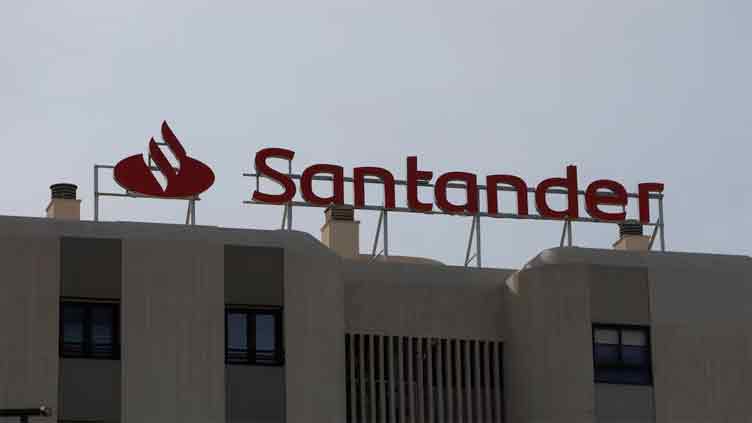Spanish banks, unions agree on 11pc pay raise over three years

Business
Bank profits are rising amid higher interest rates
MADRID (Reuters/Web Desk) – Spanish banks and unions on Tuesday reached an agreement to raise wages of employees in the sector by 11 per cent over the coming three years, banking association AEB said in a statement.
The agreement follows a series of strikes in March by banking employees that demanded pay rises they see as justified after big lenders such as Santander booked record profits last year.
The salary hikes applicable this year will be 4.25pc, 4.0pc in 2025 and 2.75pc in 2026, the association said.
Most of Spain's largest banks such as Santander, BBVA, Sabadell and Bankinter are members of the AEB.
Wages in the financial sector remained virtually unchanged in 2021-23 under a labour agreement signed with the unions.
While protests in the sector had in the past been mostly directed against staff cuts, attention has lately turned to wages.
HOW DID IT START
Thousands of banking employees across Spain went on strike on April 19 to demand pay rises they see as justified after big lenders such as Santander booked record profits last year.
Trade union CCOO said that 75.8pc of the country's roughly 80,000 banking staff were taking part in the strike, while Spanish banking association AEB said a quarter of employees took part.
The leading unions demanded a minimum pay rise of 13pc over a three-year period from 2024, less than the 17pc to 23pc increase they previously called for.
At that time, AEB offered an accumulated 8.25pc increase, according to CCOO.
The AEB said in a statement it regretted the strike and the inconvenience it may cause.
"We express our willingness to try to find the necessary meeting points that will allow us to reach an agreement in the next meetings (with unions)," it said.
Spanish banks agreed to raise employees' wages by 4.5pc in 2023 compared to 2022, but that only partially offset the loss of purchasing power caused by steep inflation.
Banks profits have recently been buoyed by a rise in interest rates and more expensive mortgages, while keeping a lid on rates for savers.


